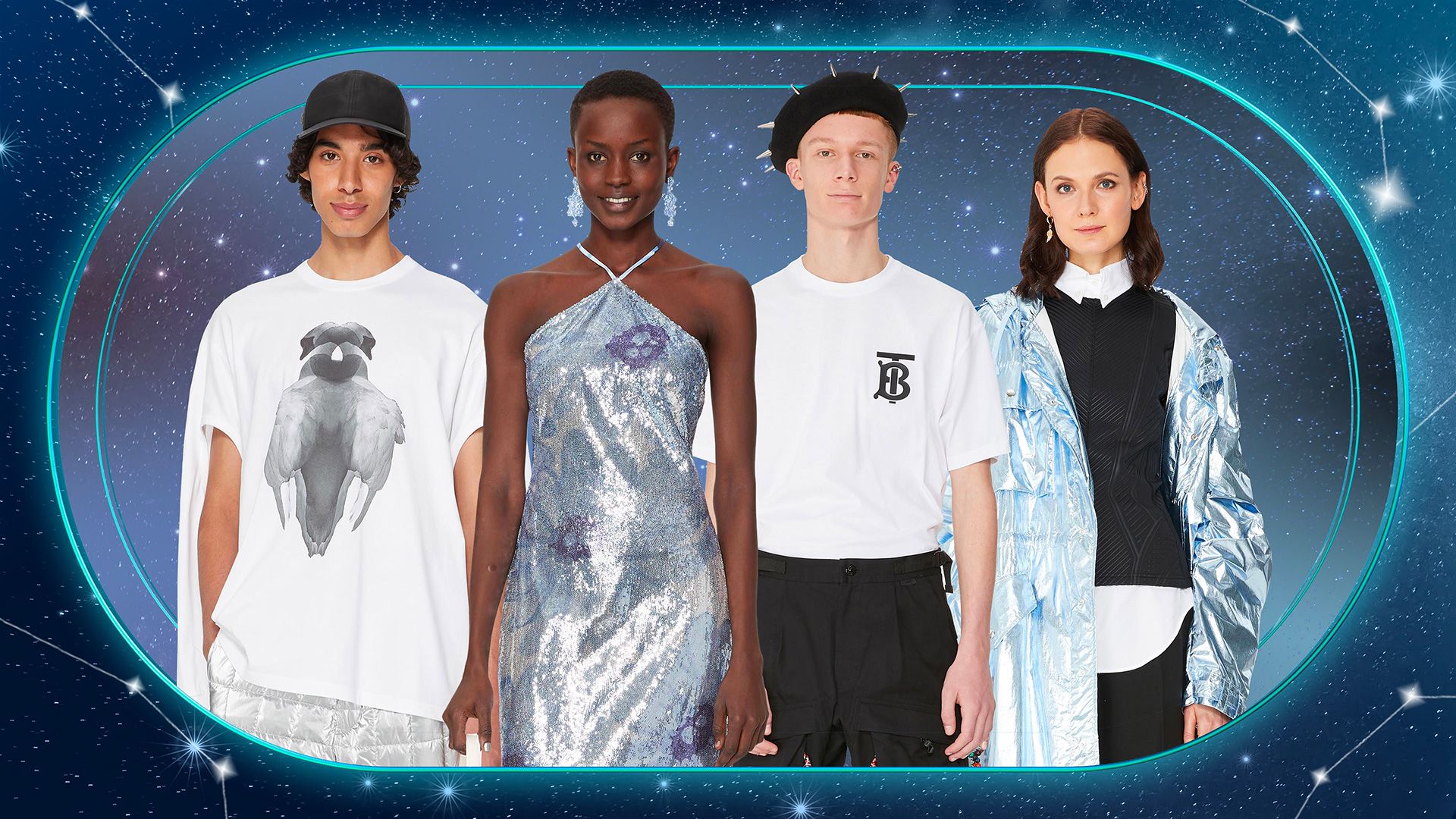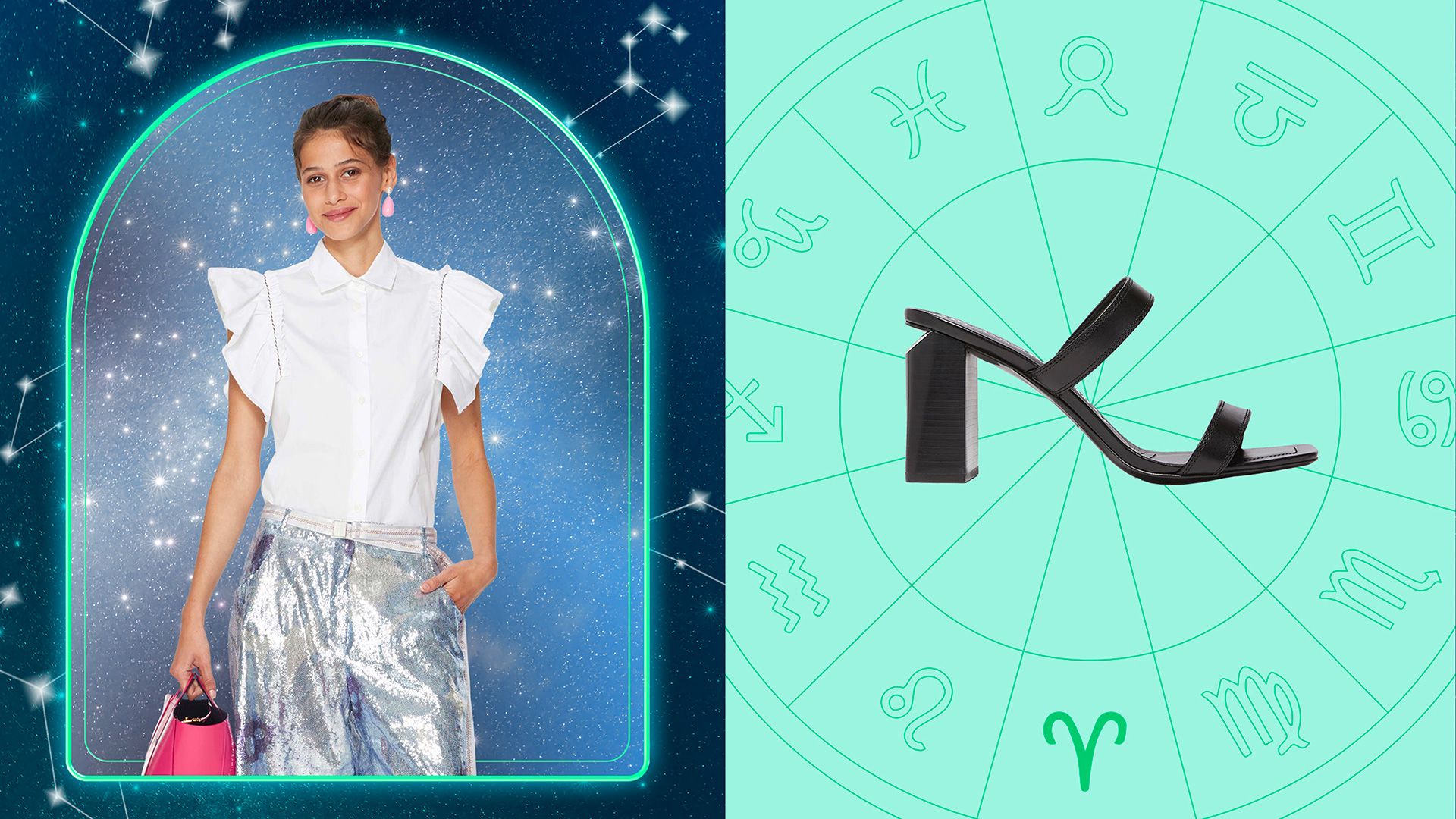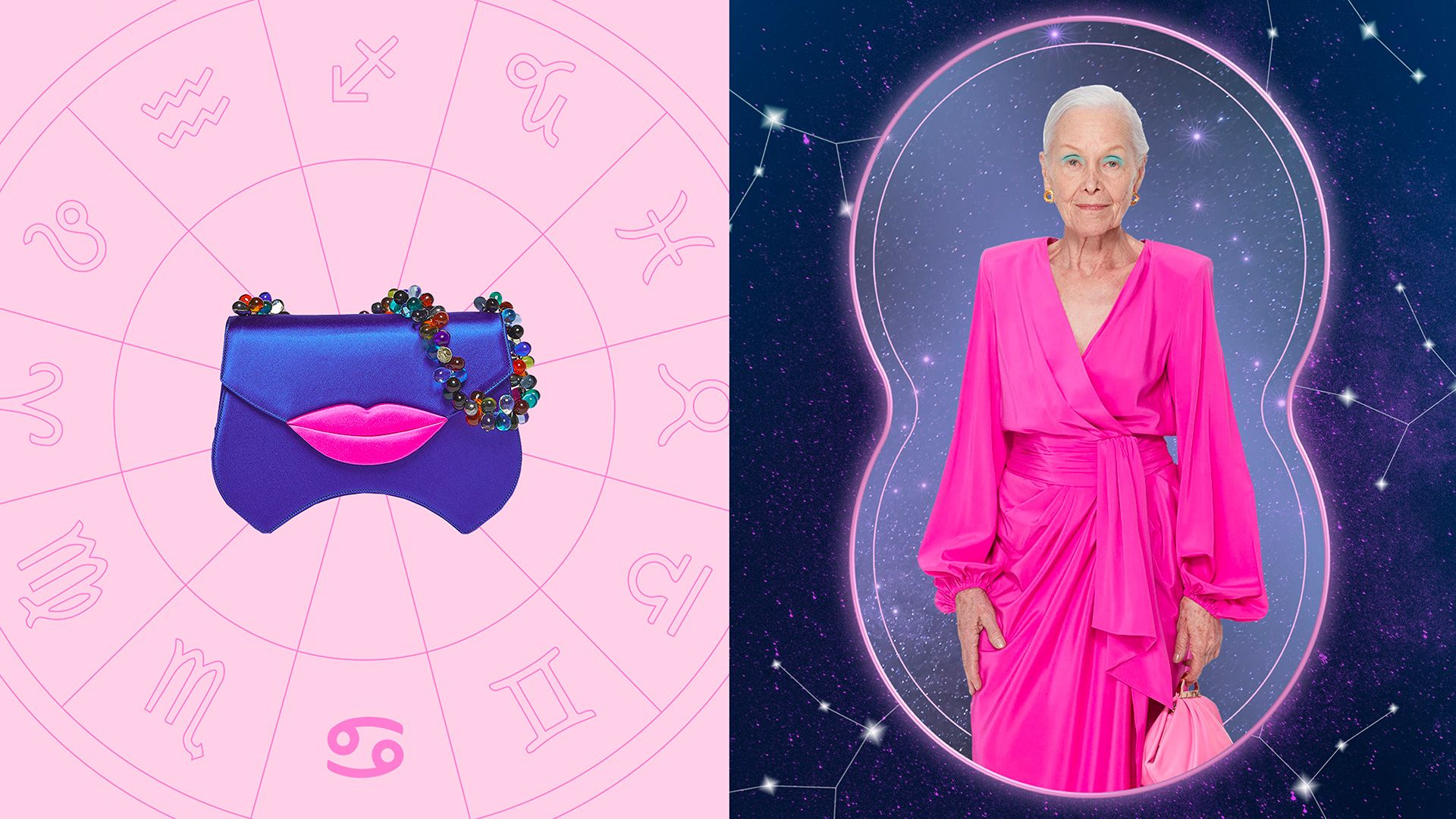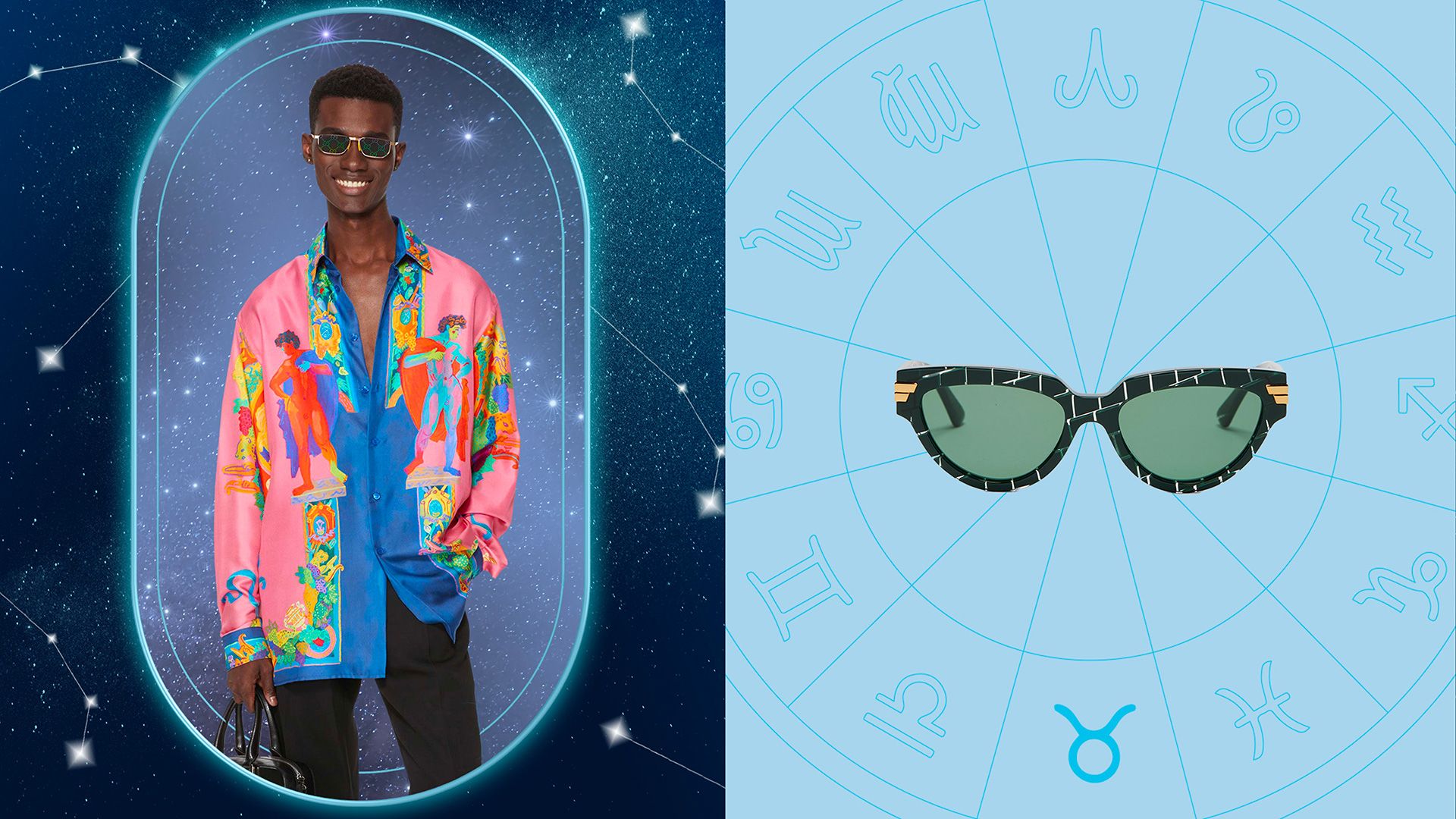-
WHY IS ASTROLOGY MAKING A BIG COMEBACK?

The @astrotruc page on Instagram publishes a selection of charts featuring personality traits for each star sign, jokes about Leos (always looking for attention), and even the Kardashian sisters' horoscopes. Maheva Stephan-Bugni's account has emerged as France's leading influence for "astrological memes," images featuring ironic statements about the movement of celestial bodies. Her 330,000 subscribers are proof enough, reminding us that, over the last ten years or so, astrology is no longer a corny pastime relegated to the back pages of magazines, but sparks real enthusiasm, especially on social media. It is no longer ignored by the media, since Vice launched the Broadly channel in 2015 with a focus on gender, identity and astrology, in the United States. Since 2016, two New-Yorkers have been running @poetastrologers on Twitter, with over 620,000 followers.
How can we explain that our time is that of the great comeback of this esoteric practice, dating from several centuries ago? Astrology is not a science - since there is no evidence that a person's zodiac sign has any correlation with their personality - but a belief system that precedes the Antiquity. Passed down by the Greeks and Romans, it originated around the beginning of the 3rd millennium BC. By observing the stars, scholars of Mesopotamia established the earliest known calendar. Today, astrology consists of drawing up an astrological chart, based on the position of the sun, moon and planets in the sky at the time of your birth, depending on where it occurred. Dismissed as superstition by Catholicism, and later by rationalism, astrology reappeared in the twentieth century, in the 1930s, featuring in women's mass press.

The growing trend of astrological memes
According to Annabel Gat who writes for the Astro Guide for Vice, "every 10 years or so, the general public has a new love affair with astrology... It seems stronger today as mobile phones make it more accessible." The current craze is largely reinforced by the easy access of content on the internet, changing an expertise that initially required several years of practice into a discipline whose explanations are available in just a few clicks on Google.
Above all, astrology opens up a playground full of possibilities for the "LOL Culture". On social media, the scepticism it usually arouses, has been replaced with irony. "Memes are capable of grasping a major concept, such as "Mercury retrograde" [an astrological phenomenon which takes place three times a year, for 24 days, when the planet appears to be moving backwards, coinciding with psychological blocks preventing individuals from acting normally, editor's note], for instance, transforming it into a punchy, humorous or poignant statement. These easy-access astrological memes encourage people to learn more about the subject," says the Brooklyn-based astrologer, certified by the International Society for Astrological Research (ISAR). She adds: "Astrology is a language. It can be used like a code of abbreviations. Instead of providing a lengthy explanation of why you' re going through a tough time, you can just say: "I'm currently going through a Saturn transit" and, given the nature of the Internet which condenses and broadcasts everything, this language is bound to spread."

Astrology used for therapy
Millennials are attracted to this mystical language as it enables them to give meaning to a world where many points of reference have disappeared. This is Nick Campion's view, Director of the Cultural Astronomy and Astrology Programme at Trinity Saint David University in Wales. "Astrology is compelling because it questions the modern belief that life is meaningless and that we are all just atomised individuals, while connecting our personal lives to a greater universe", explains the English academic. "Astrology provides means of understanding when all traditional clues have gone up in smoke. We don't necessarily live where we were born, the world of work is no longer stable and love is conditional" says Serge Dufoulon, professor of anthropology and sociology at the University of Grenoble Alpes (UGA) and specialist in divination. As with their predecessors, work and romance are still favourite topics for the new generation of astrologers.
Nevertheless, younger generations are also turning to the stars and planets to build their identities. "The astrological chart outlines your strengths, weaknesses and tendencies in a specific way that can firmly fulfil a person's need to explore their individuality and get to know themselves better. Either you find that your birth chart matches your personality and you feel empowered, or you think it is wrong, allowing you to confirm who you are," explains Annabel Gat, author of The Astrology of Love & Sex: A Modern Compatibility Guide (Chronicle Books, 2019). Some people even consider the study of star alignment as a tool of empowerment. Furthermore, in the United States and in France, a new discipline of practitioners has emerged: Astro-therapy, involving the use of astrology to resolve internal conflicts, in a trajectory of personal development.

Astrology's success has not gone unnoticed by luxury brands and many have followed the trend. Prada, Versace, Gucci and Vetements have all launched collections inspired by the signs of the zodiac. The Tech industry has also seized the opportunity, launching dozens of astrology apps. The best known, Co-Star, created in 2017, uses NASA data to determine users' astrological charts and an algorithm to establish their daily horoscopes, while offering to assess their compatibility with other profiles. Demonstrating the interest generated by the field of astrology, the start-up raised over six million dollars from investors. Do the 5.3 million Co-Star subscribers all believe that the stars have an influence on their daily lives? Not necessarily, according to Annabel Gat, who says: "Astrology is not a religion or a faith. Generally speaking, it is used more as a tool, an inspiring mythology or as an approach to understand ourselves."